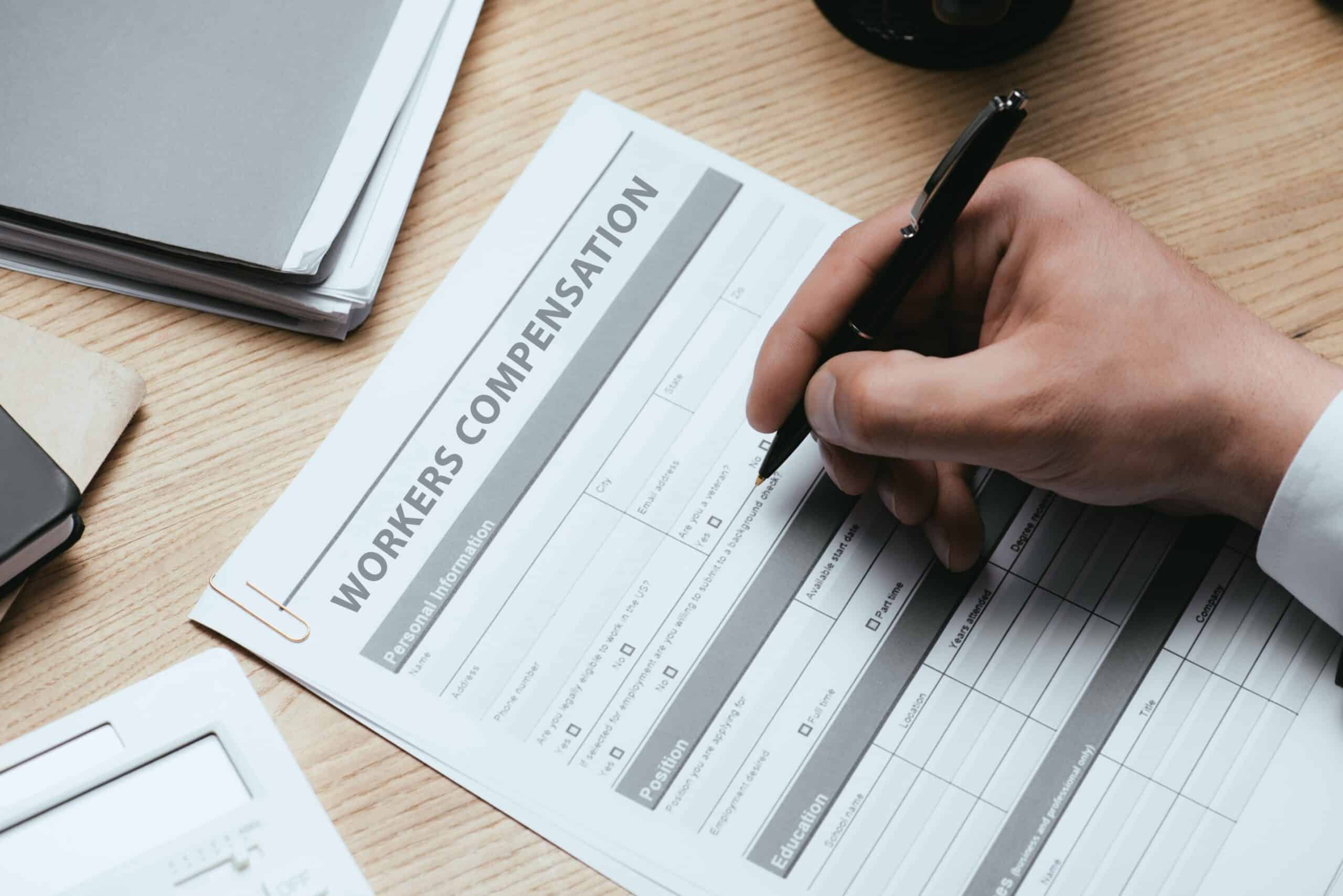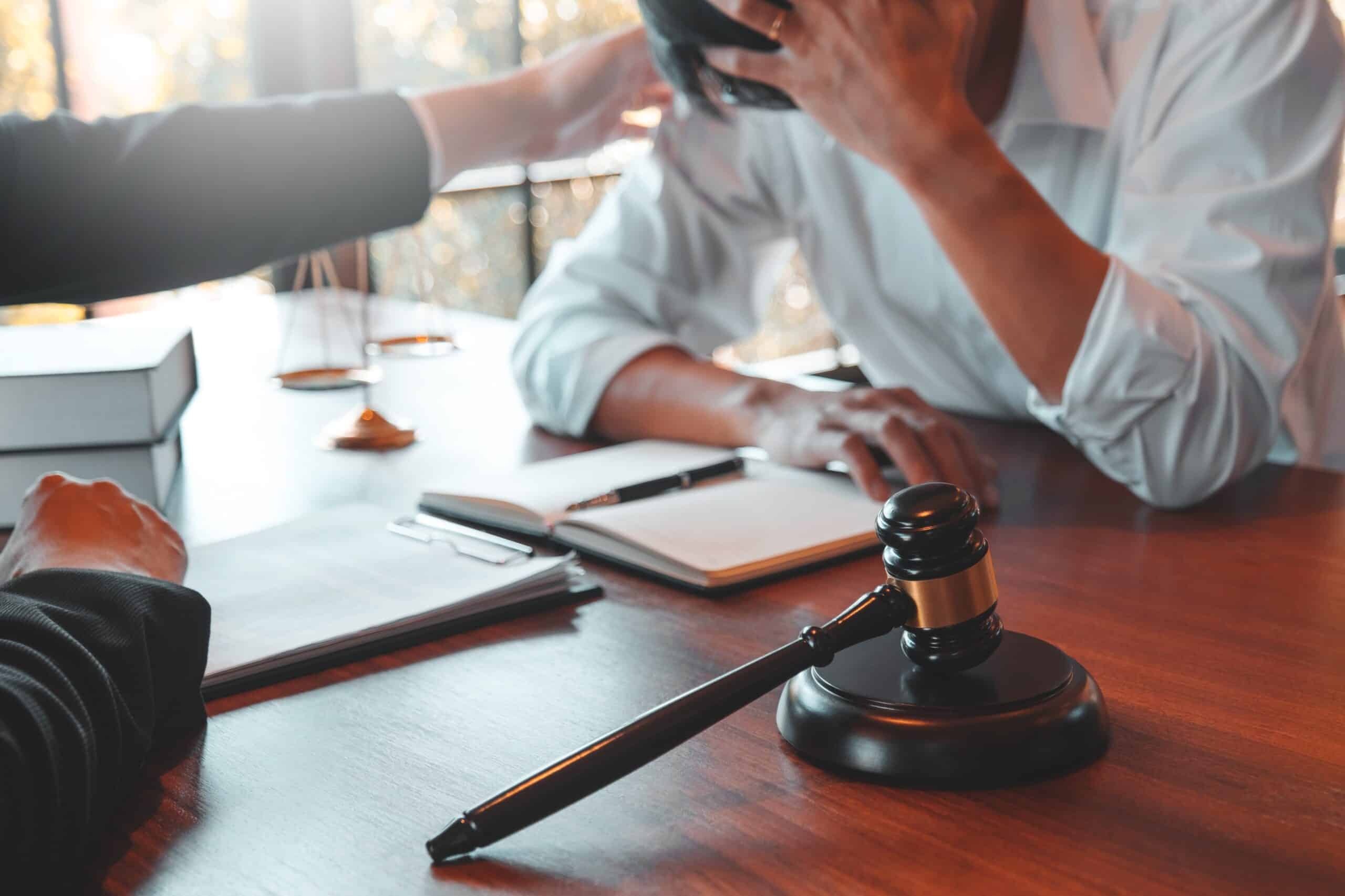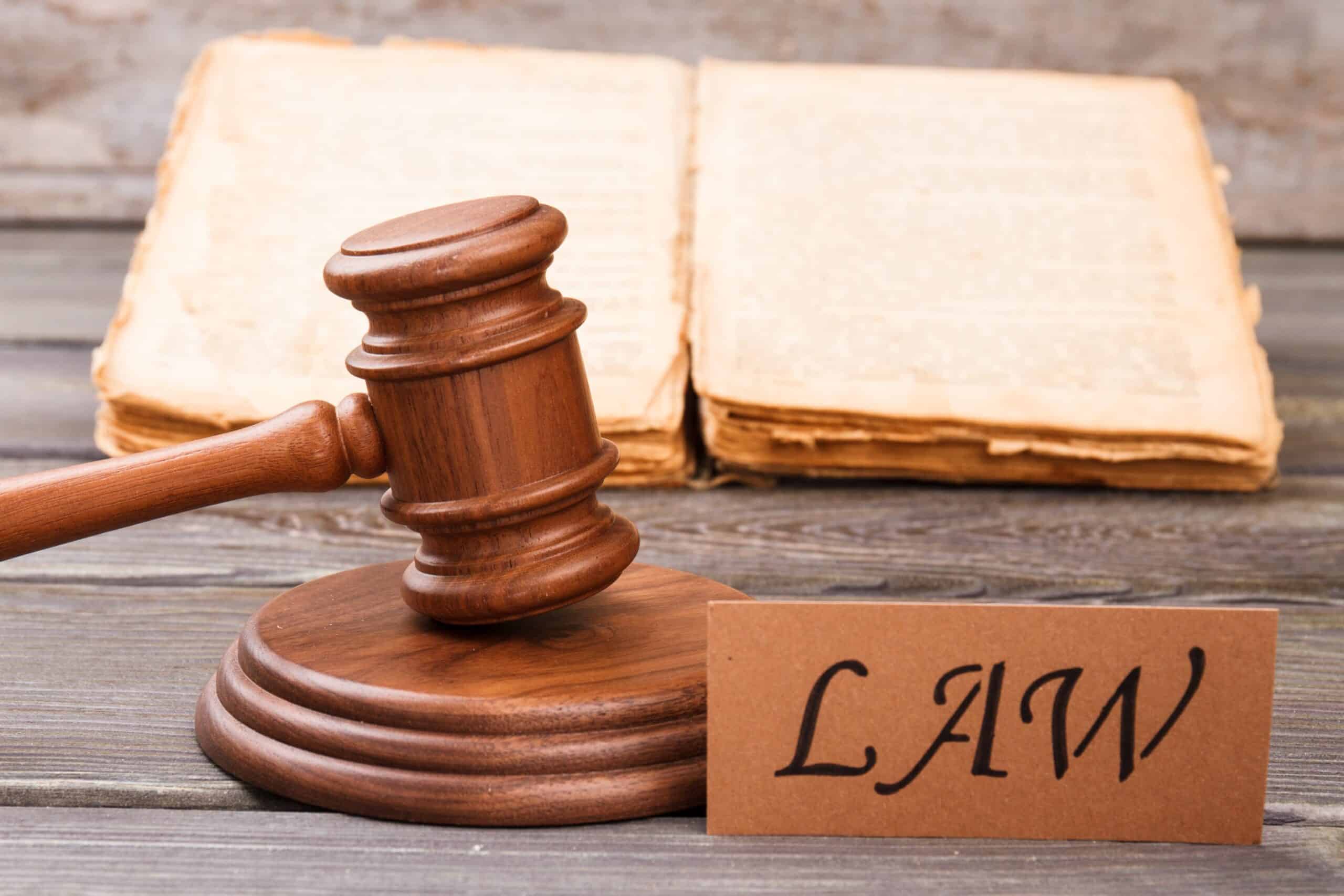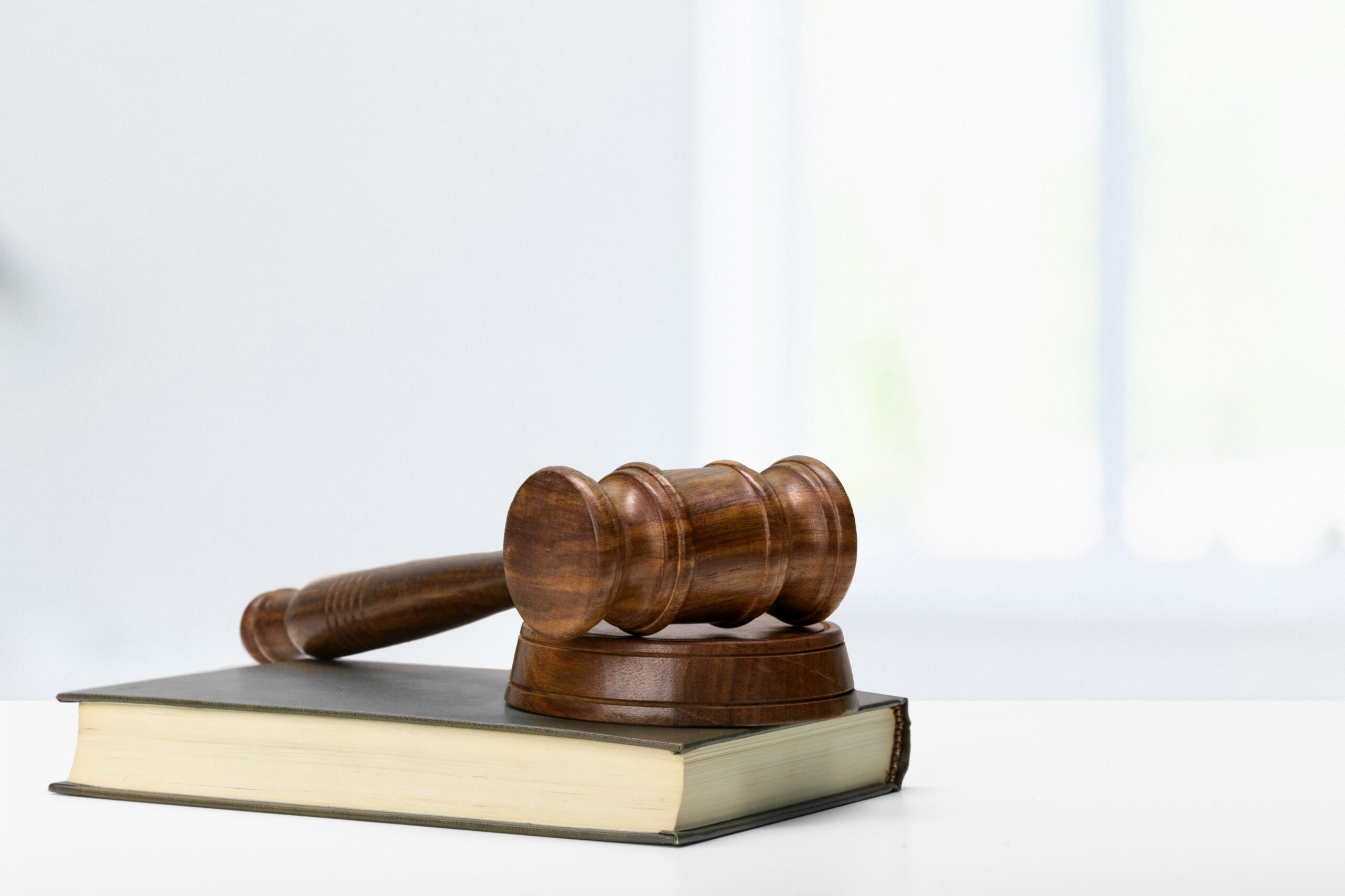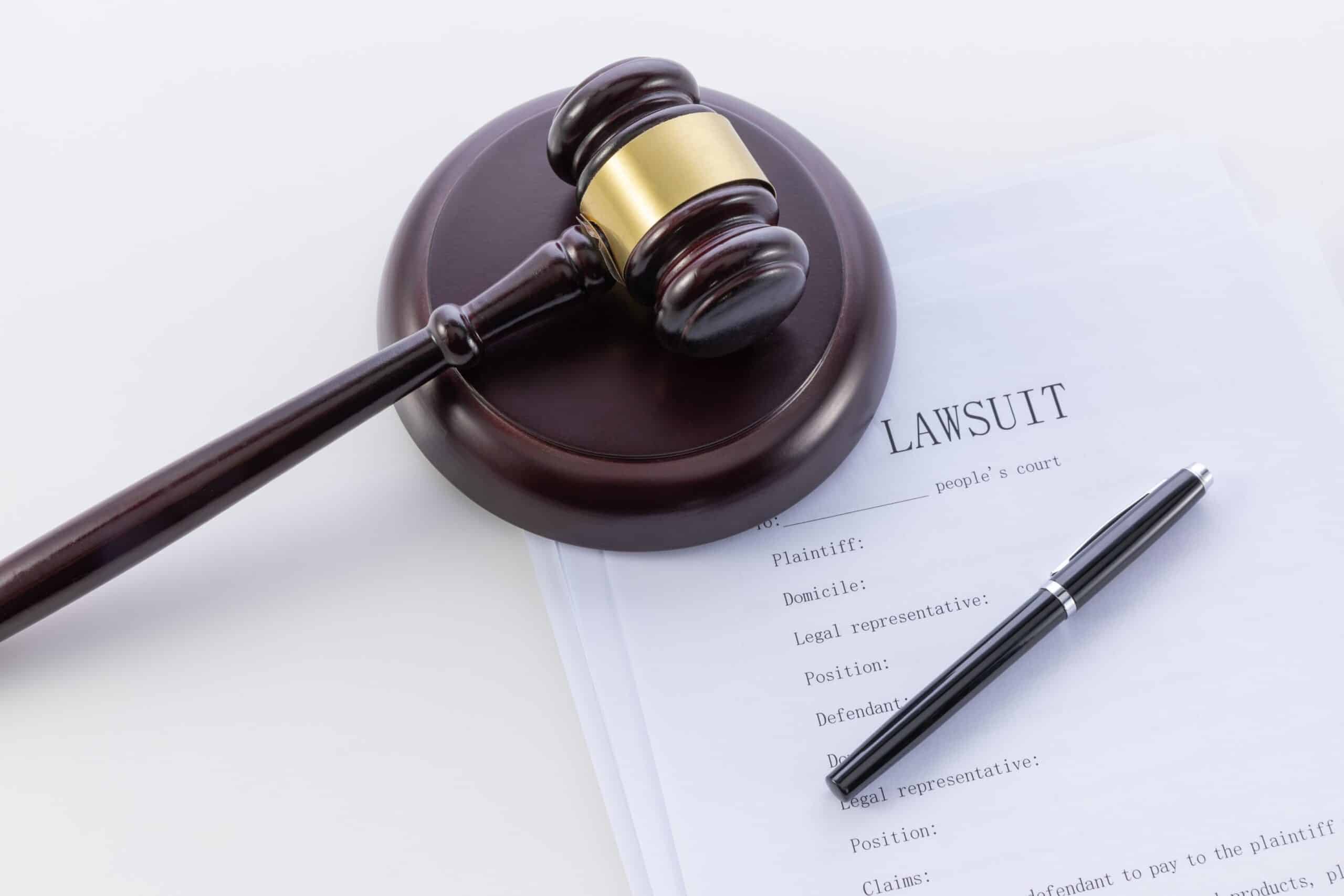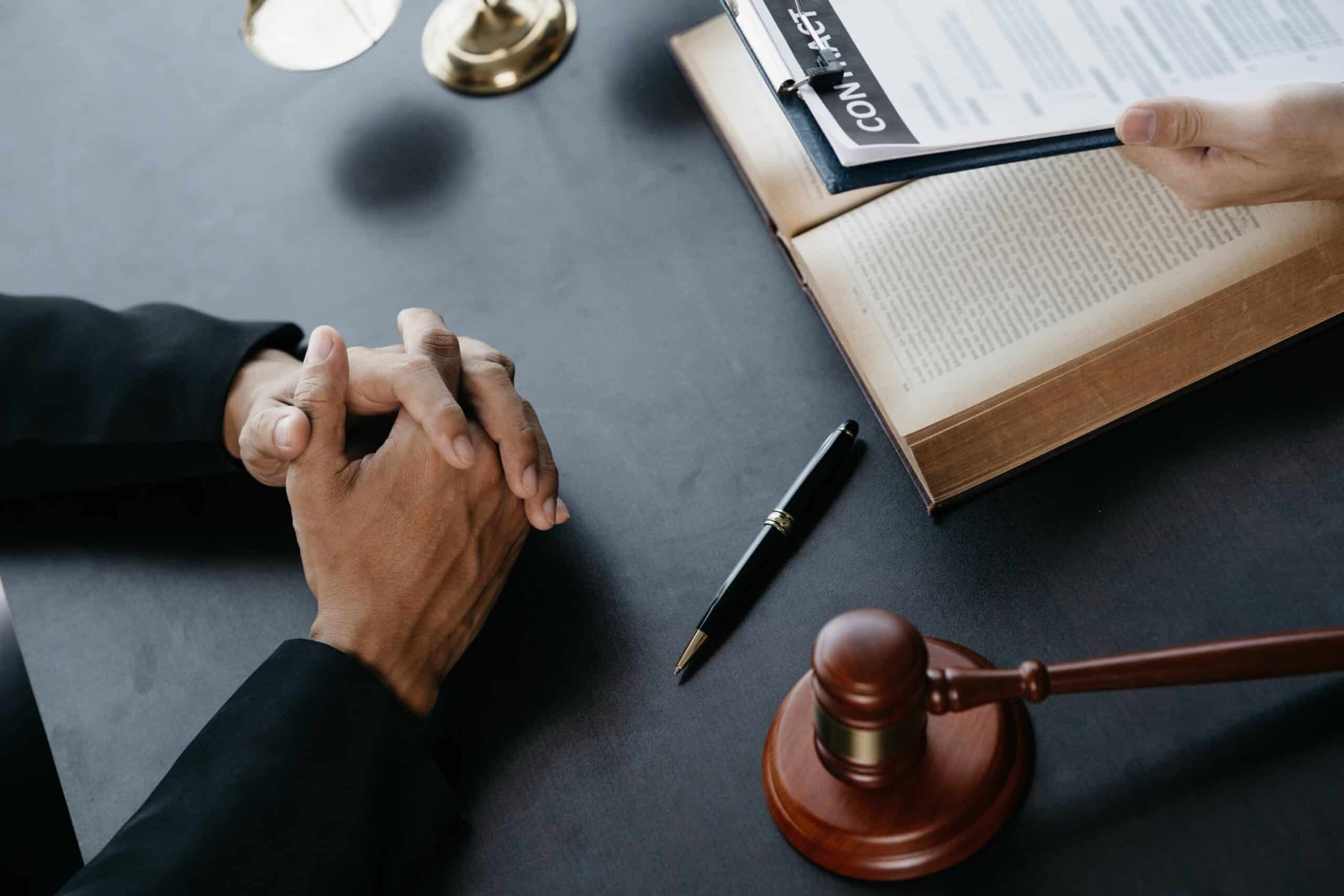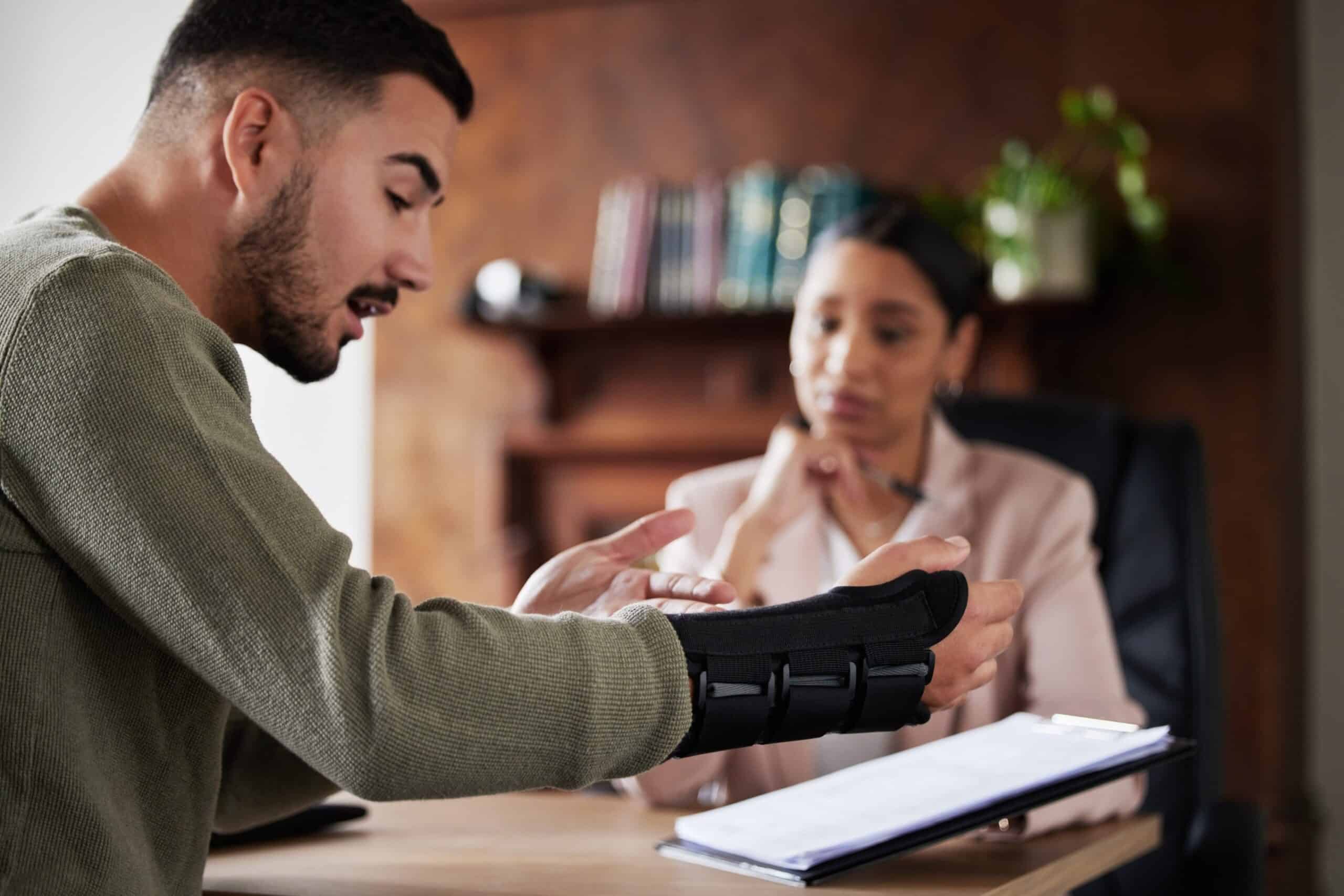How to Determine the Value of a Carpal Tunnel Claim – Guest Post

Carpal tunnel syndrome (CTS) is a prevalent work-related injury and can have a negative impact on the daily functioning of tasks and duty-related functions. Compensation can be obtained by you if you have been granted a carpal tunnel due to work-related injury or repetitive stress. Quantifying the worth of a carpal tunnel claim will enable you to approach yourself with a reasonable settlement.
Factors That Affect the Value of a Carpal Tunnel Claim
The worth of a carpal tunnel claim can fluctuate depending on a list of factors that vary from the degree of injury to medical bills, lost wages, and overall interference in your life. Each claim is unique, and it is therefore wise to examine these factors carefully.
Severity of the Injury and Medical Treatment
How bad your carpal tunnel syndrome is will have the greatest effect on how much your case is worth. Cases that can be treated with just rest and physical therapy will settle for less than cases that need surgery and a lot of rehabs. All your medical expenses, such as doctoral visits, lab work, surgery, and physical therapy, are covered in the value of the settlement.
Lost Wages and Reduced Earning Capacity
If you are prevented from working by carpal tunnel syndrome on a temporary or permanent basis, lost wages will be a large part of your award. If the injury necessitates that you seek new employment or reduces your ability to earn money, future lost wages could be part of your award. Courts and insurance adjusters consider how much the injury restricts your ability for work-related activity and earning money.
Pain and Suffering
Interference with regular life due to carpal tunnel syndrome may involve chronic pain, numbness, and tingling. Pain and suffering, or non-economic damages, are included in computing a settlement figure. The greater the severity of the pain felt and the longer the period endured, the greater the prospect of award.
Permanent Disability or Impairment
Where permanent impairment of nerves or permanent disability has occurred due to carpal tunnel syndrome, more compensation will be paid. Disability rating by medical doctor can assist in establishing the degree of impairment and the impact on your capacity for work and your capacity to deal with daily activities.
Insurance Coverage and Employer Liability
Workers’ compensation or liability insurance might also affect the size of the settlement. If you were injured due to employer negligence, you might be able to receive more money. However, if you are suing for workers’ compensation, you might only be able to receive medical expenses and lose time and not pain and suffering.
What Is the Average Settlement for Carpal Tunnel Claims?
The average settlement for carpal tunnel claims varies widely based on the circumstances of each case.
- Workers’ Compensation Cases: If you do have a workers’ compensation case, your settlement will be based on how much time you are out of work and the nature of the medical treatment you undergo. Workers’ compensation will not compensate you for your pain and suffering damages, but your settlement will need to compensate you for your medical bills and lost time.
- Personal Injury Cases: If your carpal tunnel syndrome is caused by the negligence of the other individual, you will get more. Personal injury cases include non-economic damage and hence are eligible for more. Your compensation will be determined based on your pain, medical care cost, lost wages, and future impairment.
- Severe Cases: If surgery needs to be performed or the nerve is irreversibly damaged, your case is worth more. There are situations worth over $100,000, especially where the injury renders a permanent disability.
Your attorney can explain your own case and determine the right settlement figure based on your own situation.
How to Bolster Your Carpal Tunnel Claim
To recuperate fully and be compensated monetarily, the proper papers and legal advice are necessary. To do this:
Get Medical Care Right Away
Your physician follows your injury through your medical record. Inform your physician of any symptom of carpal tunnel syndrome at once and comply with recommended therapy. Having your case documented in medical history, lab findings of tests, and physicians’ comments is building your case.
Work Loss and Cost Records
Keep records of lost wages, medical bills, and all other bills pertaining to your condition. If the injury requires you to quit your job and take a lower-paying job, or retire from the work force altogether, financial damage records in these areas are vital to your case.
Get a qualified attorney
Legal experts who deal with cases of workplace injury and personal injury are helpful in dealing with the process in court. They can place a value on your claim, negotiate your settlement for you, and obtain for you whatever is legally due to you.
Do Not Accept Fast Settlement Offers
You might be presented with an early settlement for a sum lower than what you deserve by the insurers. Ensure your lawyer’s approval of terms before accepting an offer so payment will encompass payment of your medical expenses, lost wages, and pain.
The worth of a carpal tunnel claim is assessed using a combination of what involves medical expenses, lost income, pain and suffering, and disability. Reporting for treatment, documentation, and attorney consultation will all exist to assist in making a stronger argument and eventually permit you to recover rightfully deserved damages for your injury.

